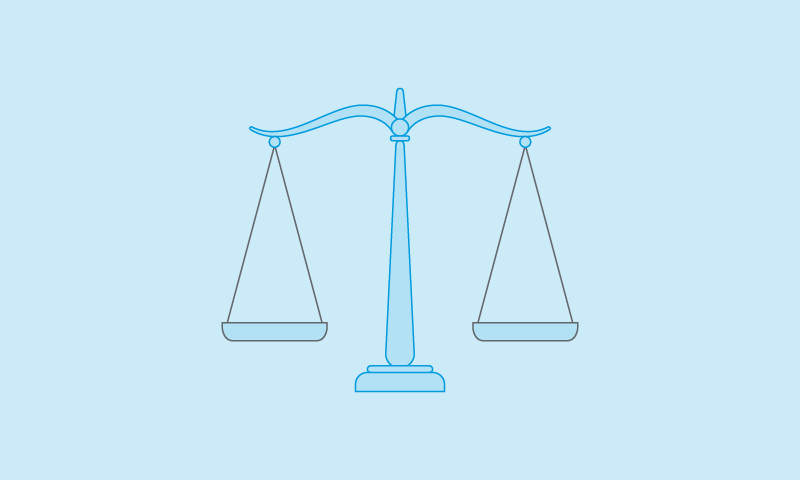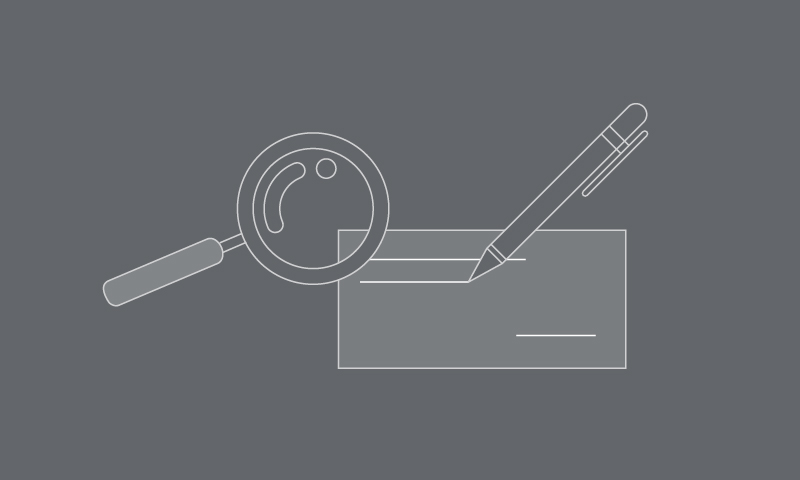18 March 2022
As businesses prepare for the introduction of the plastic packaging tax (PPT), many may be unaware of the risk they could face from HMRC’s ‘joint and several liability’ powers to collect tax that may have gone unpaid elsewhere in their supply chain.
What is the plastic packaging tax?
On 1 April 2022, the UK government will implement PPT to combat the use of single use plastic and encourage greater reliance on recycled plastics. PPT will be payable at a rate of £200 per tonne on any plastic packaging components that are produced in or imported into the UK and do not contain at least 30 per cent recycled plastic.
More information on how PPT works and its record keeping requirements can be found in our previous Tax Voice articles on this topic:
- Plastic packaging tax – are you ready for April 2022?
- Plastic packaging tax – HMRC sets out compliance framework
Who could be jointly and severally liable to PPT?
Although it hasn’t yet been covered in HMRC’s growing library of PPT guidance on gov.uk, the underlying legislation gives HMRC the power to collect unpaid PPT from an organisation that has been knowingly concerned in a related business’s failure to pay the tax due on plastic packaging components.
It is not just entities under common ownership or control that are at risk from being held liable for each other’s PPT liabilities – HMRC can also target businesses’ arm’s length contractual and commercial relationships with unconnected third parties in the supply chain. A ‘related business’ is defined as one that is:
- involved in the production or importation of chargeable plastic packaging components by another person, including in their transportation or storage, or in the manufacture or supply of raw or processed materials used in their production;
- supplied with chargeable plastic packaging components produced or imported by another person; or
- involved in the marketing or sale of chargeable plastic packaging components by another person as an operator of an online marketplace or fulfilment business.
The rules appear to be intended to ensure that unpaid PPT can, if necessary, be recovered from other businesses that have possession or control over the packaging materials.
How does the liability work?
The law allows HMRC to impose a ‘secondary liability’ notice (for PPT due in past periods) and/or a ‘joint and several liability’ notice (for PPT due in future periods).
A secondary liability arises when Company A has been concerned in Company B’s failure to pay PPT or has been involved in transporting, storing or otherwise dealing with chargeable plastic packaging components and knew or should have known that the Company B has failed to pay PPT on them. HMRC has the power to issue a secondary liability notice to assess Company A for Company B’s unpaid PPT.
HMRC must issue the notice to Company A within two years of either the end of the accounting period in which the PPT was due from Company B, or the date that a court or tribunal finally determines that Company B was liable to that amount. The amount demanded will generally be payable to HMRC within 30 days of the issue of the notice, but Company A can appeal on the grounds that it took all reasonable steps to establish that Company B had paid or intended to pay the tax due, or that the amount demanded by HMRC should be reduced because it is not ‘just and reasonable’.
HMRC also has the power to make Company A jointly and severally liable to pay PPT which Company B is liable to pay in the next two years following the issue of a joint and several liability notice. The liability arises when Company A is concerned in Company B not paying PPT (or in taking steps with a view to Company B not paying it), or involved in transporting, storing or otherwise dealing with a chargeable plastic packaging component on which Company B is or will be liable to pay PPT, but has not paid the tax or does not intend to do so.
In practical terms, this means that anyone involved in a supply chain where PPT is due will need to consider whether they could be caught under these provisions and how to mitigate the risk of this, even if they are not primarily responsible for the payment of any PPT.
How to address the risk - due diligence
HMRC has provided some basic information on the due diligence procedures businesses can adopt to lessen the risk of being involved in a supply chain where PPT goes unpaid. HMRC says it will not provide a definitive list of checks that should be carried out but has suggested some examples that may be appropriate in particular situations. These include the following.
- Importers and purchasers of taxable plastic packaging components should consider requesting confirmation of the tax status of those goods from their supplier and/or signed documents from the supplier confirming that PPT has been properly accounted for.
- Manufacturers may need to obtain written confirmation from relevant customers to prove that they performed the last substantial modification of the goods and hence they are liable for PPT.
- Importers and purchasers trying to verify that their plastic packaging components are not taxable because they contain 30 per cent or more recycled plastic should consider:
- checking that the price paid for packaging components reflects the current market value (and, if lower, to be able to explain why);
- obtaining copies of any certifications or audits that have been conducted on suppliers or re-processors of recycled plastic; and/or
- conducting physical inspections or audits on the packaging supply chain to confirm information given by suppliers or customers.
HMRC says these checks should be carried out at least every 12 months and adds they should be more extensive in particular situations, including for those who rely on information from their customers to establish that they are not liable to register or account for PPT or to claim tax credits for exported plastic packaging components. However, it does not explain what these more extensive checks might be.
HMRC reminds businesses dealing in plastic packaging components that failure to carry out and/or keep records of these checks could result in the business being held jointly and severally liable or secondarily liable to any unpaid plastic packaging tax owed by others.
The lack of definitive guidance from HMRC will make it challenging for businesses to determine what reasonable checks may look like, and this could vary depending on the type of business and sector it operates in. It might be difficult to strike a balance between taking reasonable steps to check the validity of the statements provided by another party in the supply chain whilst accepting that there will need to be a level of trust that the information provided is accurate.
Businesses should start their due diligence by reviewing their contracts to ensure they make it clear who is responsible for paying PPT and what information is required from suppliers to confirm that PPT has already been paid in the supply chain.
Action points
In addition to their obligations to comply with the new tax and its demanding record keeping requirements, it seems businesses that deal with plastic packaging will also face a tough task to ensure they avoid carrying the can for any non-compliant trading partners in their supply chain.
Although PPT comes into force very soon, HMRC has not yet published any plain English guidance on how the joint and several and secondary liability rules will work. Businesses affected by PPT have only been provided with a high-level overview of the information they might need to obtain through due diligence procedures to reduce the risk of these liabilities, so will have to drill down into the practicalities of making such checks themselves.
For more information, please get in touch with Anne Holt, Grace King, or your usual RSM contact.









